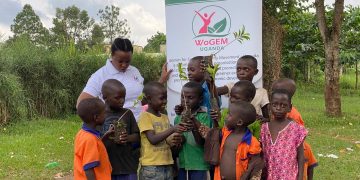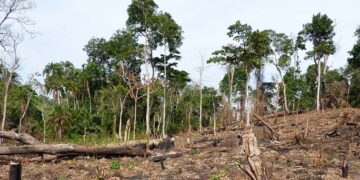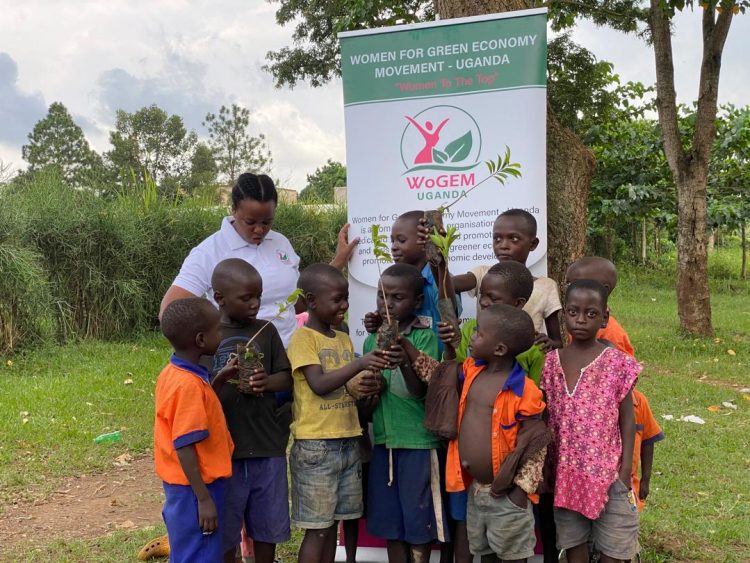OPINION
Following a research made in Uganda early November, 2024 by Twaweza a non-governmental organisation in East Africa, the survey discovered that most rural households (92 percent) use firewood while almost equal number of urban households use either firewood (46 percent) or charcoal (51 percent) as their main energy source.

Charcoal is the main energy source most for urban households 51% particularly those in Kampala (78%). Looking at billions of people relying on traditional cooking methods such as firewood and charcoal across the world raises concerns about climate change. Moving around villages in different districts and communities, you will often see young children and women carrying firewood from distant forests. This routine seems never-ending and is a recurring issue.
A significant amount of deforestation is occurring as more than 50% of people in semi-urban areas depend on charcoal as their primary cooking method. While deforestation is rampant, reforestation appears to be an unfamiliar concept to many locals. There seems to be a focus on today’s meal rather than concern for the future.
The massive destruction of forests, coupled with charcoal burning, has cost the world billions indirectly through climate change, leading to issues such as drought. Increased gas emissions have contributed to global warming and other health-related diseases due to air pollution.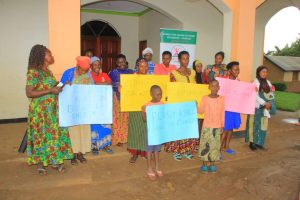
Amidst all this, women are disproportionately affected compared to their male counterparts. In many families, especially in less privileged communities, women are primarily responsible for gathering firewood and sometimes burning charcoal for sale and home use. It is shocking to see pregnant women engaged in these activities for survival, as the smoke has detrimental effects on unborn babies, contributing to higher mortality rates.
Addressing these issues requires a joint effort from communities, governments, and organizations to promote sustainable practices and protect both the environment, women and public health for future generations.
As climate change activists and women, we are urging everyone to shift to clean energy alternatives that are safer and more reliable than the long distances of firewood hunting, which expose young girls and women to sexual abuses such as rape.
It’s very important to raise systems that could provide a cleaner and more sustainable energy source for cooking, reducing the dependence on firewood and charcoal.
Clean energy alternatives like biogas are reliable, sustainable, and safer. The increased use of biogas digesters as an alternative has various advantages, not only for the environment but also for the health and well-being of individuals. Some of these advantages include; Biogas helps in waste management by recycling organic manure, leftovers, and waste, which are the raw materials for its production. It also conserves the environment by reducing gas emissions associated with charcoal burning, which decreases greenhouse gas exposure in the atmosphere.
Furthermore, biogas is healthier for human lives due to its minimal gas emissions, making it a safer option compared to traditional cooking methods like charcoal and firewood.
How will a woman in a deep village with little or no knowledge about Climate change adapt to biogas as a clean energy alternative? This is where the need for massive sensitization of the public through community mobilisation meetings and workshops comes in.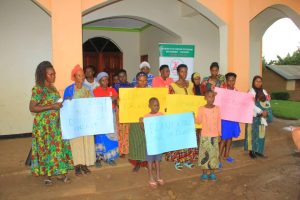
Training sessions can be organized to demonstrate how biogas digesters work and how to set them up using locally available materials. Accessible media such as radios and televisions can be utilized to spread awareness about climate change and the impacts of everyday actions on the environment. These platforms can provide valuable information on the advantages of biogas, including its role in waste management and reducing reliance on firewood.
By engaging community leaders and influencers, the message can reach a wider audience, encouraging more women to participate in adopting biogas. Over time, with consistent education and support, communities can develop a better understanding of climate change and the importance of sustainable practices, leading to a long-term positive impact on both the environment and their lives.
Conserving the environment and addressing climate change takes a collective effort, which is why we call upon everyone to join the fight against the use of unclean energy. Let us embrace sustainable clean energy alternatives for a better and greener environment.
Mary Blessing Ahairiirwe,
Volunteer Women for Green Economy Movement (WoGEM) Uganda.
